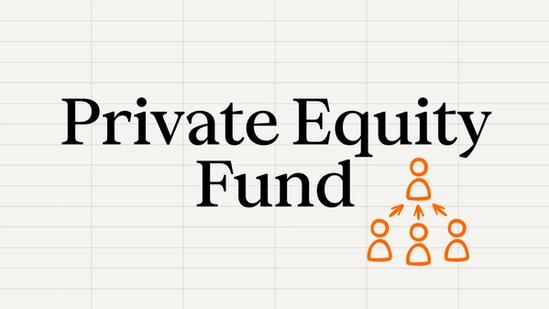Sustainable Finance Disclosure
Sustainable Finance Disclosure Regulation (2019/2088) (the "Disclosure Regulation")
EQT Fund Management S.à r.l ("EFMS"), EQT's Luxembourg alternative investment fund manager, makes the following disclosures in accordance with Articles 3(1), 4(1)(a) and 5(1) of the Disclosure Regulation.
Sustainability risk policies
A sustainability risk means "an environmental, social or governance event or condition that, if it occurs, could cause an actual or potential material negative impact on the value of the investment". For EFMS, sustainability risks are risks which, if they were to crystallize, would cause a material negative impact on the value of the portfolios of its funds.
Before any investment decisions are made on behalf of any funds that EFMS manages, the relevant investment advisory team will, subject to EFMS’ approval, complete a process that identifies the material risks associated with each proposed investment; these will include relevant and material sustainability risks.
EFMS considers these risks as part of its risk management process for the funds it manages, starting with an overall assessment of the likely risks associated with investments pursuant to the relevant fund's investment policy and objectives and leading to specific investment proposals submitted to the investment committee.
The investment committee assesses all the identified risks, including sustainability risks alongside other relevant factors set out in the proposal. Following its assessment, the investment committee makes investment decisions having regard to the relevant fund's investment policy and objectives. Throughout the entire process, relevant sustainability risks are identified and assessed using the same process as is applied to other relevant risks affecting the funds and investments made on their behalf.
Remuneration policy
In accordance with the Remuneration Policy, employees of EFMS are remunerated with a combination of fixed and, at the complete discretion of EFMS, variable remuneration. By considering the contribution of each EFMS employee towards EQT’s sustainability agenda in the annual performance assessment connected with the allocation of variable remuneration, EFMS seeks to ensure that all employees are encouraged to consider sustainability risk as part of sound risk management.
Principle Adverse Impact
EFMS considers principal adverse impacts of its investment decisions on sustainability factors as described further in the below statement for the reference period from 1 January 2024 to 31 December 2024.
Product-specific sustainability disclosures
Product-specific sustainability disclosures are available on the investor portal for relevant funds.
